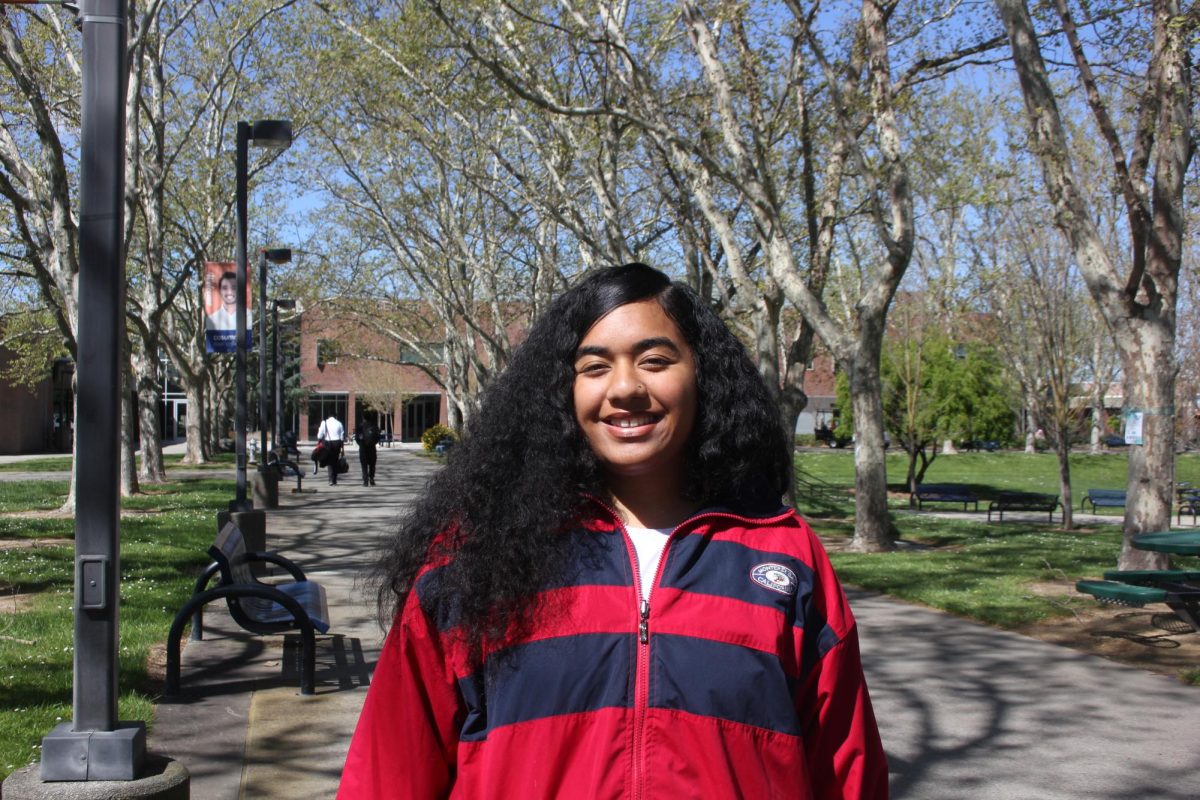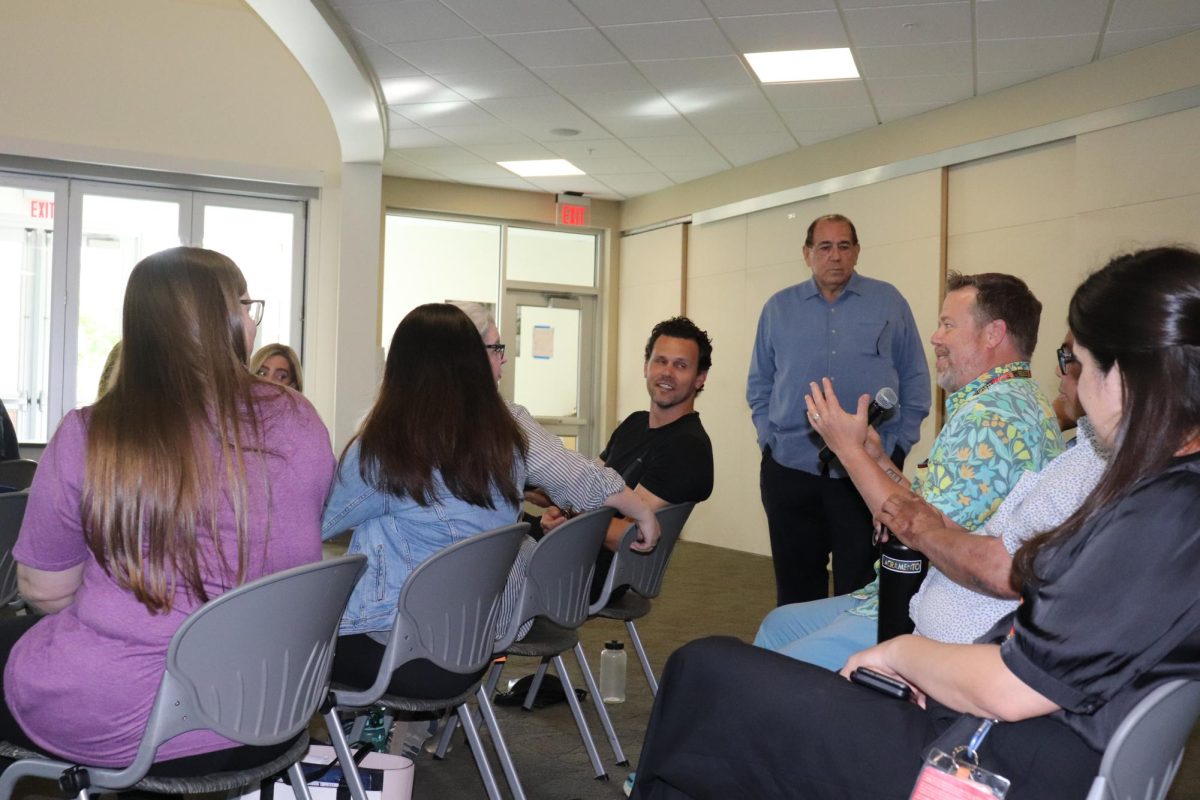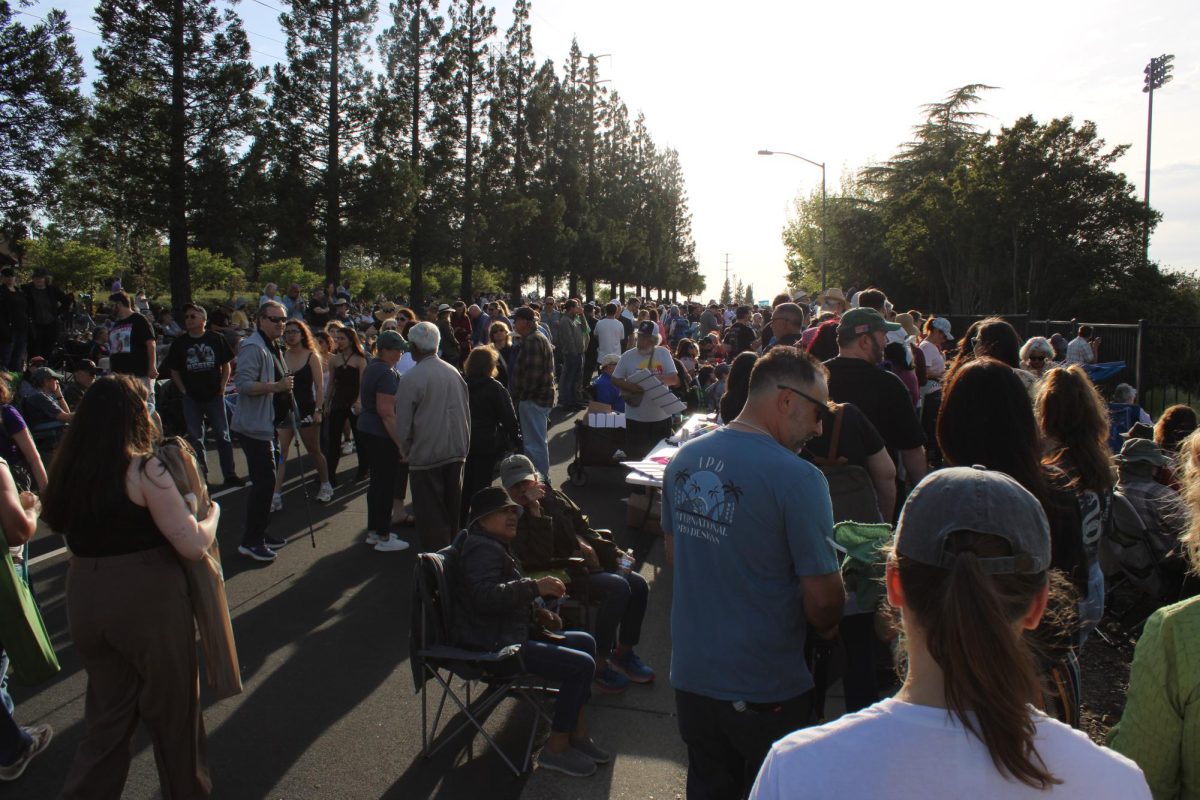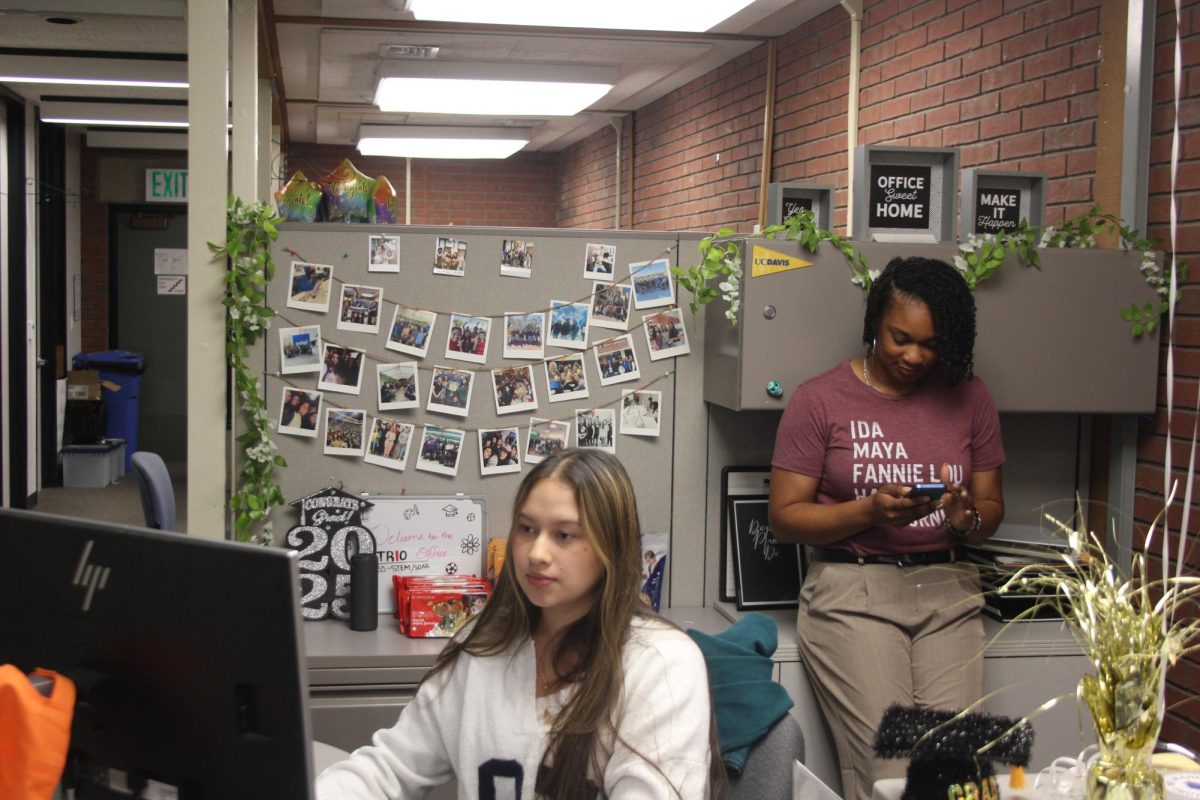Attorney and civil rights activist headlines beginning of campus Black History Month
February 12, 2014
Black History Month at Cosumnes River College officially began as students and faculty filled up the Recital Hall to participate in the opening ceremonies on Feb. 10.
The event featured a speech by attorney and civil rights activist, Robert L. Harris, who discussed what Black History Month means to him as an African-American man.
CRC student Camico McKnight presented a poem in front of her peers and faculty as a part of the opening ceremony.
In his presentation, Harris addressed why Black history and the struggle for civil rights is such a key part of American history.
“Black history is American history,” Harris said. “The foundation of this nation is built on the history of black people. All of us have contributed to the history of this nation and we cannot untie that relationship.”
After his speech, Harris opened up the floor to take questions from the audience. One student questioned Harris about Harris’s parents telling him to sit in the back of the bus when he left his hometown of Arkadelphia, Ark. to go to Oakland, Calif. to further his education.
“Growing up in the rural south in the 1960s, the ’50s rather, you learn about segregation,” Harris said. “We had separate bathrooms, we had the colored and white water fountain, so you knew where your place was and you were taught that. What my parents were trying to enforce on me was the fact that getting on this bus, you better obey the law even though you may not like the law.”
Harris also said that his parents were only trying to protect him and that they were successful in doing so.
Harris said he had many struggles being a civil rights activist, but there is one struggle that has been more difficult than any he has faced.
“My biggest struggle has been trying to make certain that I give back all that has been given to me,” Harris said.
He said that the civil rights movement gave him so much and he felt obligated to make sure he gave back to provide others the same opportunities that he received.
Radio, television and film production Professor Robert Snowden concluded the ceremony by presenting Harris with a plaque on behalf of the Black History Month Committee.
Ken Cooper, director of college advancement at CRC and an attendee of the ceremony, said that if students took away one message from Harris’s story it would be to strive to be the best they can be, to remember what struggles each student has overcome and to take advantage of opportunities that come their way.
Harris said there was one message he hoped everyone at the ceremony took to heart.
“Each of us owes something to future generations that we learn from history and when we figure out what it is that we can contribute that we contribute that,” Harris said. “It is not enough to sit back and be nothing. We have got to do something to make the world better for others.”





